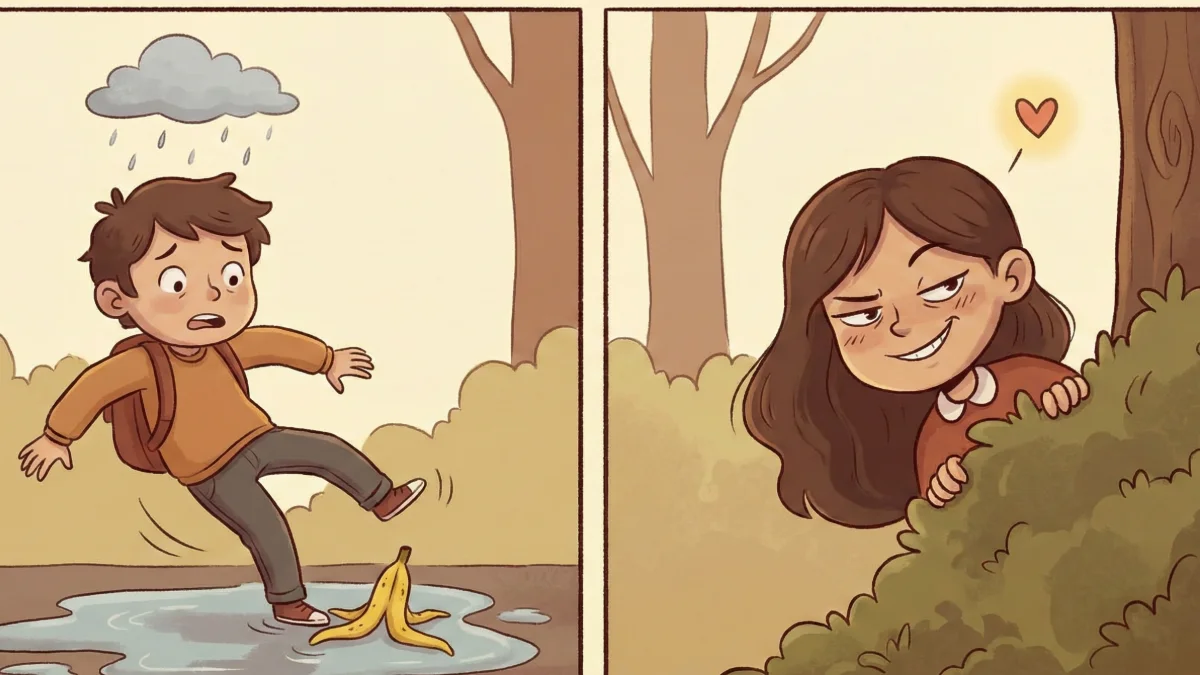Discover if you have a dark side with this psychological assessment of schadenfreude.

The Schadenfreude Scale
Worried that you relish others’ misfortunes a little too much?
Schadenfreude is the experience of pleasure, joy, or self-satisfaction that comes from learning of or witnessing the troubles, failures, or humiliation of another. This scale, developed by researchers Crysel and Webster, is designed to quantify this complex emotion. Take this assessment to see how your reactions to others' misfortunes compare to the general population. For further self-discovery, you might also be interested in our Sadism Scale or the Aggressive Humor Style Scale.
Frequently Asked Questions
- How long does this quiz take?
- It takes about 1-2 minutes to complete.
- Are my responses private?
- Yes, all The Schadenfreude Scale answers are anonymized and confidential.
- Can I take this test more than once?
- Yes, you can retake the test any time to see how your The Schadenfreude Scale results may have changed.
- What does a high score mean?
- A high score suggests a greater tendency to derive pleasure from the misfortunes of others. This is often associated with traits like aggression or lower empathy, but it can also be a situational response to disliked individuals.
- Is schadenfreude a mental illness?
- No, schadenfreude is a common human emotion and not a mental illness. However, excessive or lack of control over this emotion can be associated with certain personality traits that might benefit from professional exploration.
Schadenfreude: Take The 12-Item Test
References
Disclaimer
This scale is designed for educational purposes and is not a substitute for professional diagnosis or treatment.

